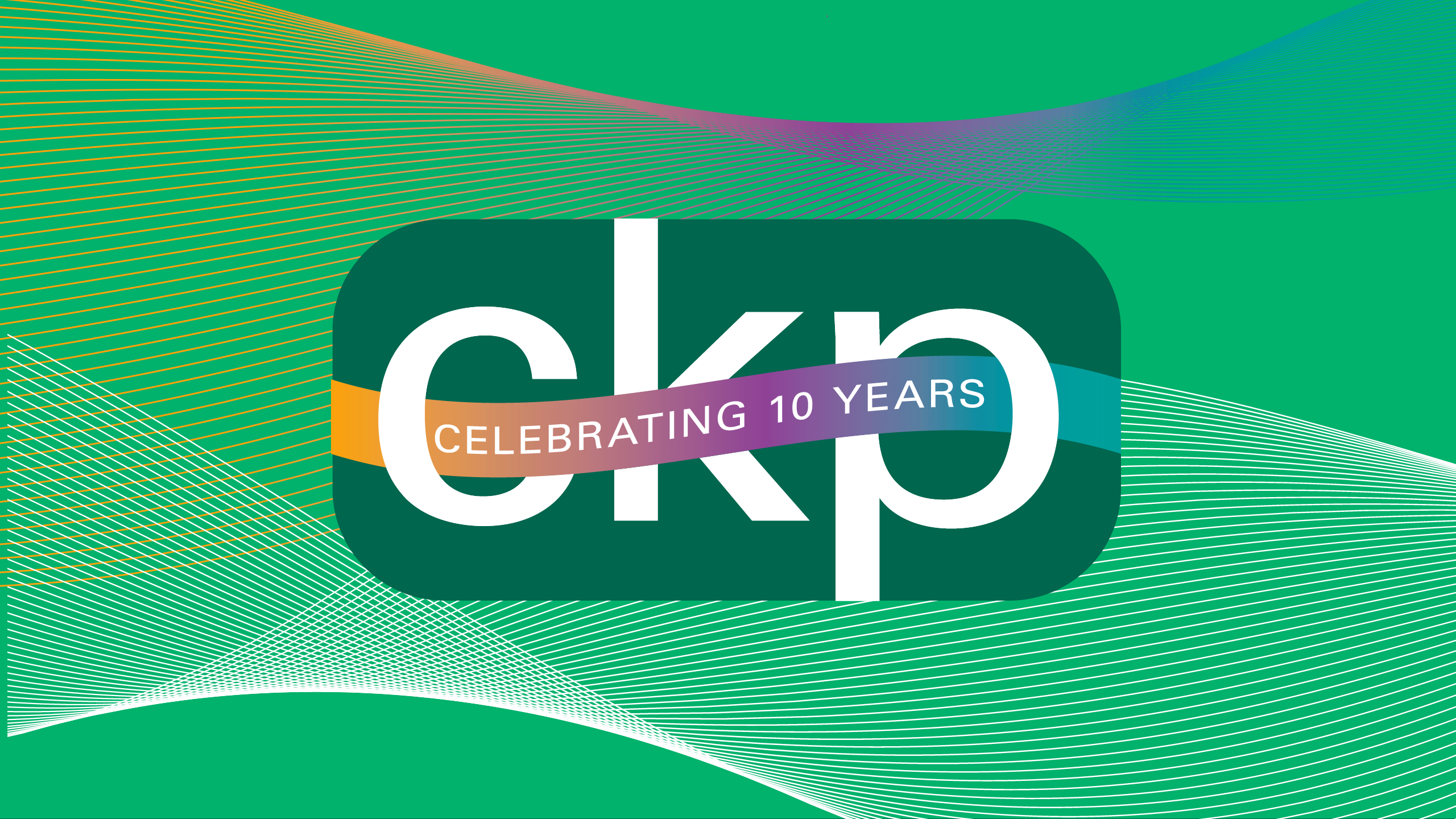How to prepare for a media interview: Tips for sharing your passion

One of the most anxiety-filled steps to take when implementing a media relations strategy is conducting a media interview. You’ve heard the horror stories: “gotcha” interviews with unexpected questions, aggressive or uninterested reporters, spokespeople who say, or even wear, the wrong thing.
But the truth is, earned media opportunities—especially those that include interviews or on-the-record quotes—are one of the most effective ways to raise awareness for your brand and get the word out about your mission or product. The important thing to remember when presented with the opportunity to speak publicly about your business is that preparation is key.
Know Your 5 Ws (and1 H!)
Just as a reporter’s goal is to answer six general questions—who, what, when, where, why and how—and interviewee can also use these as a guideline for the best possible experience. Knowing the answers to these basic questions ahead of time will remove much of the uncertainty surrounding an interview before it happens, giving you peace of mind and adequate time to prepare.
-
Who is the interview with? Make note of the journalist or reporter who will be conducting the interview, as well as the outlet in which it will appear. Search their byline and take look at recent articles they’ve written. What topics are they interested in? Have they covered your organization or organizations like yours before? Get a feel for the reporter’s style and tone.
-
What is the interview about? Make sure you understand exactly what the reporter is interested in speaking about, especially if your organization has several initiatives or events happening at the same time. Ensure you’re well-prepared to speak about the topic at hand and know whether or not the reporter has special parameters or prompts for your discussion.
-
When will it take place? This one may seem like a no-brainer, but it’s a detail that can slip through the cracks when interviews come together quickly. Take extra care to ensure you receive confirmation from your interviewer when the final date and time have been set and make note of it in a physical or digital calendar.
-
Where will it take place? In person? Over the phone? Via Zoom? Are there dial-in instructions? Confirm these details and build in extra time in case you need to navigate a parking garage, secure a quiet pet- or kid-free zone or download an app in advance.
-
Why is it important for your organization to participate? Remembering your “why” will help you develop talking points with the most important details you want to discuss (more on this below). Think about the audience you’re trying to reach and the potential impact of the coverage.
-
How will the interview happen—in other words, what format will it take? How long will the interview be? Will it run online, in print, or on radio or TV? If it’s for TV or radio, will it be live or pre-recorded? These are some of the most critical questions to answer when preparing for an interview. You’ll want to understand if you need to anticipate speaking for 3 minutes or 30 minutes, or whether or not you’ll have the opportunity to pause mid-interview if you misspeak or leave something out.
Take Your Notes
Developing talking points is an essential part of the interview preparation process. They will help guide your conversation and are often pulled together as a bulleted list. Your talking points should include the key messages you’d like to prioritize and should be clear, concise and only contain the most relevant information for the audience you’d like to target. Compiling and reviewing these messages in advance will provide you with a roadmap for your interview and will give you topics to fall back on if nerves surface or if the interview gets off track. Let’s say you’re appearing on the local news to discuss an upcoming charity event. What are the most essential details you’d want to communicate?
-
When and where the event will take place
-
What will happen at the event
-
The significance of the event to the community (who or what will it benefit)?
-
How or where interested attendees can buy tickets
-
Where more information can be found (e.g. phone number, website, social media handles)
Prepare to be Unprepared
No matter how well you prepare in advance, there’s always room for surprises. Maybe there’s a question you didn’t see coming or a topic you don’t feel comfortable discussing. Keep in mind these few pieces of advice to help you expect the unexpected:
-
Do your homework! Getting your 5 Ws, 1 H and talking points down pat will help you anticipate the different kinds of questions you might be asked.
-
Practice in front of a mirror, or with colleagues. Have them ask any of the questions you might be nervous about and get comfortable discussing your talking points.
-
Don’t be afraid to answer a question with, “I’m not sure. Can I check on that and get back to you?” It’s ok to admit you don’t have all the answers—and it’s best to not make something up on the spot if you’re not confident about the topic at hand.
-
You don’t have to answer every question. If the reporter asks you something you would prefer not to talk about, simply (and kindly) let them know.
A little preparation goes a long way when it comes to media interviews. The more comfortable you are, the more effective you can be. And at the end of the day, remember what it’s all about—sharing your passion with the public!
Laine Lieberman
Laine Lieberman is a strategic problem solver with a knack for engaging and building audiences. She works with brands big and small to cull data, analyze results, and optimize resources for maximum impact.
More Blog Posts

Let’s be real—communication at work is kind of like a group chat. Some people over-share, some barely respond, and others...

Once upon a time, PR meant faxing a press release and hoping someone, somewhere, had paper in their machine. All...

Employee Appreciation Day, recognized on the first Friday in March, will be celebrated this year on March 7. It is...

1. The Power of Sustained Impression (Or: Stop Passing Out at First Dates) Let me tell you about a date...



